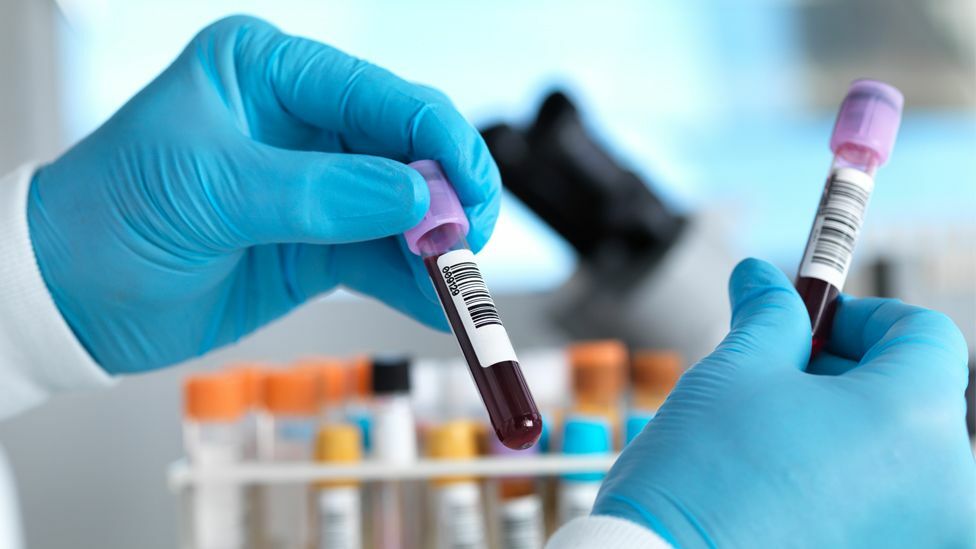NHS trial shows promise in blood test detecting 50+ cancer types

A major NHS trial has found that a blood test capable of detecting over 50 cancer types has demonstrated significant potential. The Galleri test accurately identified two-thirds of cancers in 5,000 patients in England and Wales who had visited their GP with suspected symptoms. In 85% of positive cases, the test also successfully located the origin of the cancer. The test, developed by researchers at Oxford University, detects unique changes in genetic code fragments that are released by different cancers. Early detection of treatable cancers can save lives, and while the test is still a work in progress, it could help increase the number of cancer diagnoses.
In the largest study of its kind involving patients with suspected cancer symptoms, over 350 participants were subsequently diagnosed with cancer using traditional methods such as scans and biopsies. Lead researcher Prof Mark Middleton explained to BBC News that although the test is not accurate enough to confirm or rule out cancer, it is highly useful for patients. “The test was 85% accurate in detecting the source of the cancer – and that can be really helpful because so many times it is not immediately obvious when you have got the patient in front of you what test is needed to see whether their symptoms are down to cancer,” he said. “With that prediction from the test, we can decide whether to order a scope or a scan and make sure we are giving the right test the first time.”
The trial findings will be presented at the American Society of Clinical Oncology conference in Chicago and published in The Lancet Oncology journal. The NHS has also been using the Galleri test, developed by Californian company Grail, on thousands of asymptomatic individuals to determine if it can detect hidden cancers. Initial results are expected this year, and if successful, the NHS in England plans to expand the rollout to an additional one million people in 2024 and 2025.
The test is particularly effective at identifying difficult-to-detect cancers such as head and neck, bowel, lung, pancreatic, and throat cancers. Dr David Crosby of Cancer Research UK commented on the study, stating, “The findings from the study suggest this test could be used to support GPs to make clinical assessments – but much more research is needed, in a larger trial, to see if it could improve GP assessment and ultimately patient outcomes.”
Latest Thailand News
Follow The Thaiger on Google News:
























